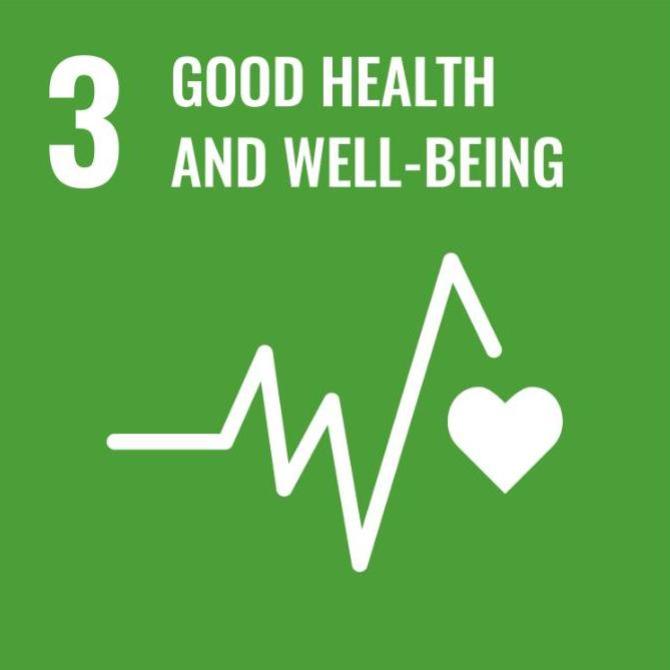While most climate change healthcare planning focuses on heat-related illnesses and mosquito-borne diseases, Te Whare Wānanga o Waitaha | University of Canterbury (UC) PhD candidate Darcy Glenn says primary healthcare access is being overlooked. Her research models how climate-driven pressures, such as sea level rise, population migration and longer appointment times could overwhelm New Zealand’s already stretched General Practitioner (GP) clinics.
“In Christchurch alone, four coastal medical clinics are at risk of being affected by sea level rise by mid-century,” Glenn says. “At the same time, if climate change drives more migration to New Zealand or increases patient demand through longer appointments, many practices will simply not have capacity. That could mean patients being turned away and struggling to find a new doctor.”
New Zealand already faces a GP shortage, with many practices closing their books to new patients. Upcoming retirements are set to worsen the problem, as 34% of older GPs plan to retire within the next five years.
Glenn’s research uses a novel modelling approach that factors in both patient preferences (such as cost, opening hours or distance to their GP practice) and GP capacity to reveal where bottlenecks might appear.
The research is currently focused on Christchurch but will expand nationwide. Glenn hopes the findings will act as a “check engine light” for policymakers, helping health planners identify where more GPs will be needed and enable the prioritisation of those communities in need of additional support.
“There is already work being done to bring more doctors into the system, but climate change means we’ll need to go further,” she says. “If we don’t account for these future pressures now, we risk being unprepared when demand spikes.”
The study will be submitted for publication next year and Glenn says, “it will add to a growing body of research urging governments to treat climate change as a health systems issue, not just a weather or environmental problem.”






.png)





.png)